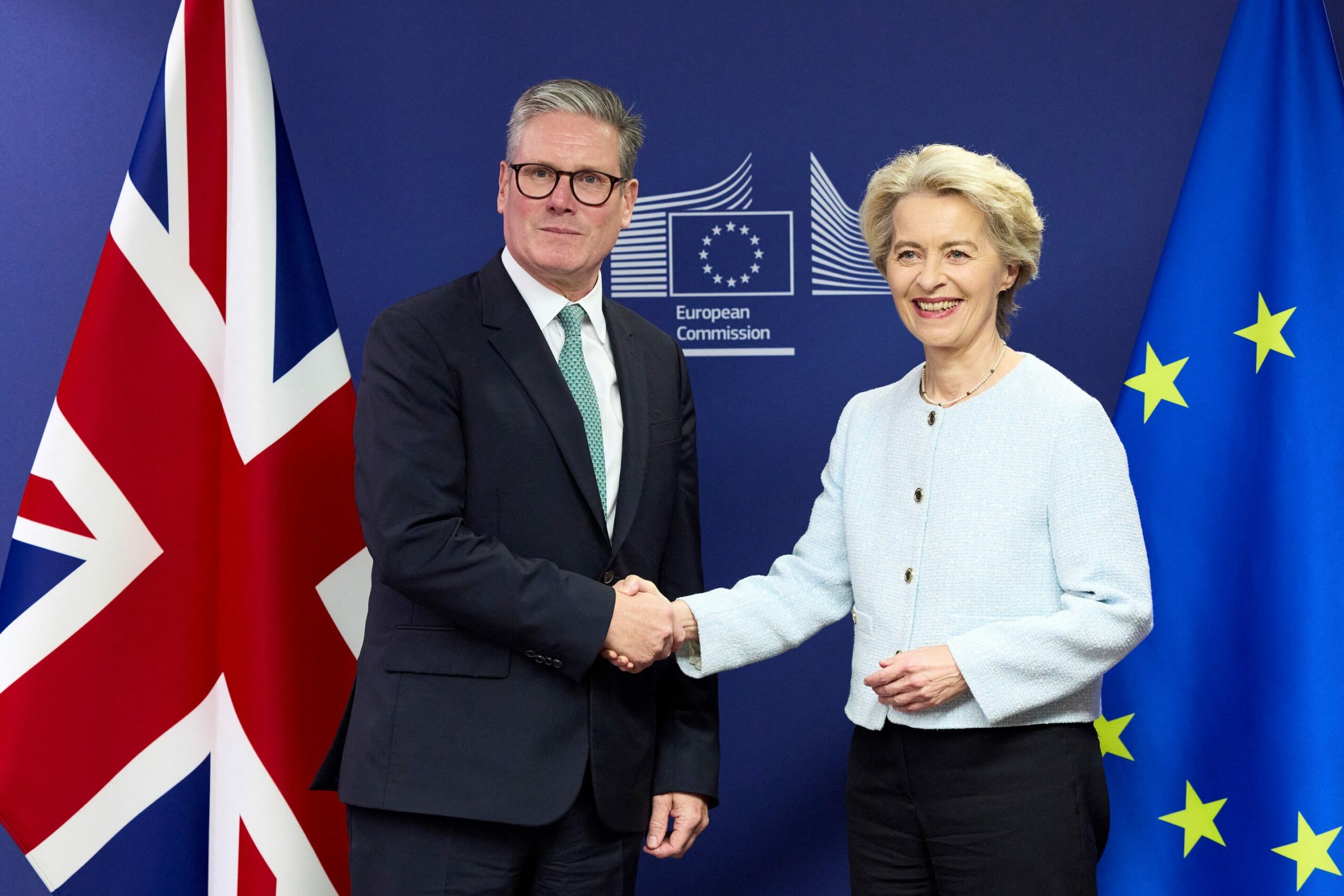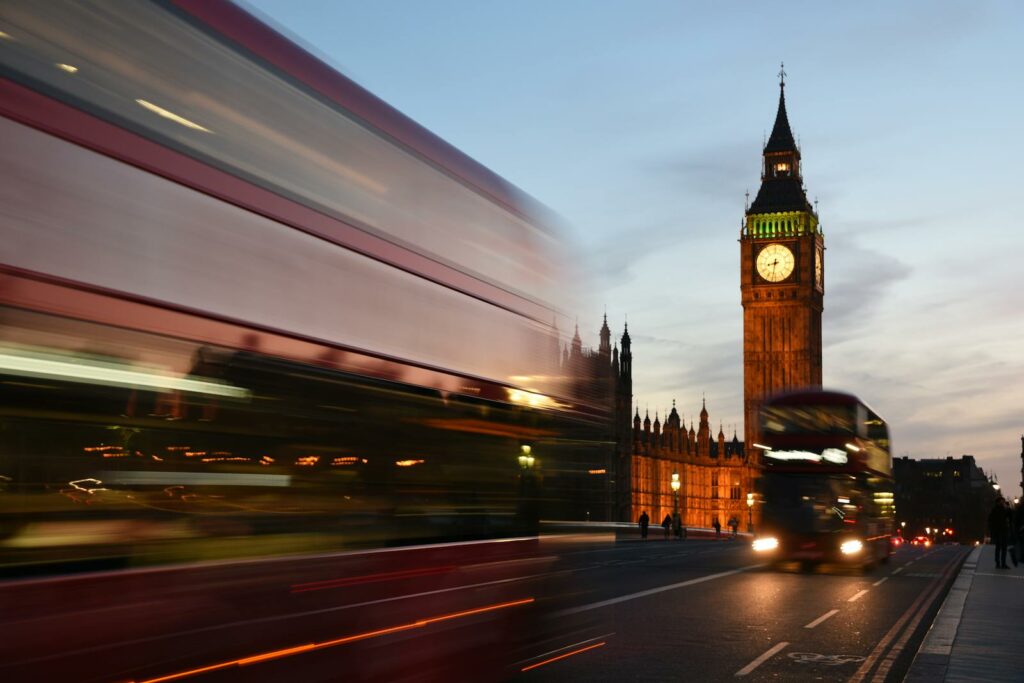The UK Government is reportedly edging towards the creation of a post-Brexit youth visa scheme with the European Union, ahead of a summit next month to "reset" EU-UK relations.
The UK previously said that it had "no plans" for such a youth mobility scheme (which would make it easier for Europeans, aged 18 to 30, to work and travel in the UK), but the EU is insisting on including it in negotiations to boost cooperation.
Over 60 Labour MPs have called on EU relations minister Nick Thomas-Symonds to strike a "new and bespoke youth visa scheme for UK and EU citizens aged under 30," BBC reports. They argued a mutual deal for time-limited visas, subject to a cap, would "extend new cultural, educational, and economic opportunities to young people in the UK."
In April last year, the European Commission first suggested an EU-wide youth deal, saying that the UK Government (then led by Rishi Sunak) had approached European capitals to discuss individual visa deals, risking "differential treatment" of EU citizens.
Under its original proposal, people aged between 18 and 30 would be able to apply for visas lasting up to four years to work, study, train or volunteer, with no overall cap on the number of visas issued.
'Youth experience'
Now, British newspaper The Times reports that the EU has been keen to stress that a visa deal "would not replicate the bloc's rules on freedom of movement," under which EU citizens were automatically entitled to live and work in the UK without applying for a visa.
As a result, the deal could be rebranded as a "youth experience" scheme, in a bid to downplay any link to migration.
On Thursday, before a meeting with British Prime Minister Keir Starmer, European Commission President Ursula von der Leyen said that the EU and the UK want to work on a strategic partnership in the field of security and defence, which could open the door to British participation in the European defence programme.
Von der Leyen was in London on Thursday for a conference on the future of energy security. Both leaders stressed the importance of Russia's independence in fossil fuels and of cross-border cooperation to accelerate the energy transition. Von der Leyen also announced that the Commission will come up with a plan within two weeks to completely phase out imports of Russian fossil fuels.

Britain's Prime Minister Keir Starmer (left) shakes hands with European Commission president Ursula von der Leyen (R) at the European Commission headquarters in Brussels on October 2, 2024. Credit: Belga/Benjamin Cremel/AFP
The two also met on the sidelines of that conference, during which they prepared, among other things, the EU-UK summit in London on 19 May. The aim is to conclude a defence agreement there, which should strengthen the ties between the EU and the UK after Brexit. It is no coincidence that this is happening at a time when Washington, a historic ally, is taking a protectionist path.
Such an agreement "could open the way for joint defence purchases between EU countries and the UK and for British participation in the SAFE programme," von der Leyen said on Thursday.
SAFE is part of plans unveiled by von der Leyen in early March to strengthen European defence at a time when the United States is reversing its policy on Ukraine. The mechanism will provide €150 billion in loans to finance joint defence purchases and investments in Europe. Non-EU countries, such as Norway, can also participate.
Fisheries
UK participation, which could yield big dividends for British defence companies such as BAE Systems and Rolls-Royce, is linked to a security agreement.
However, diplomatic negotiations on that agreement have become entangled with negotiations on fisheries in the post-Brexit era. Several countries are said to link the signing of a defence agreement to access for EU ships to British waters.
According to The Times newspaper, the British government is said to be prepared to meet European demands. The youth visa programme is reportedly also linked to the agreement.
After the meeting, Starmer said that both leaders indicated that progress had been made in negotiations to strengthen cooperation. Work would continue in the coming weeks to deliver "the most ambitious package possible at the first EU-UK summit next month."

